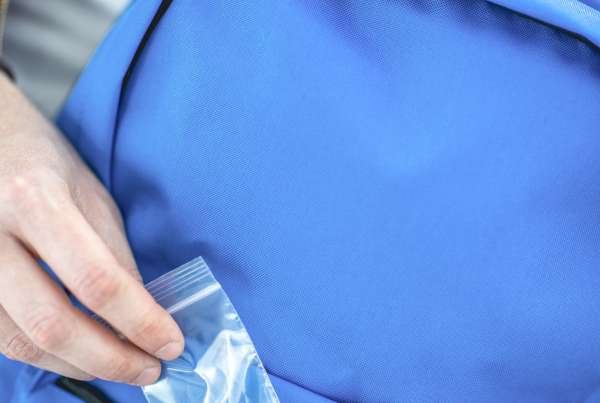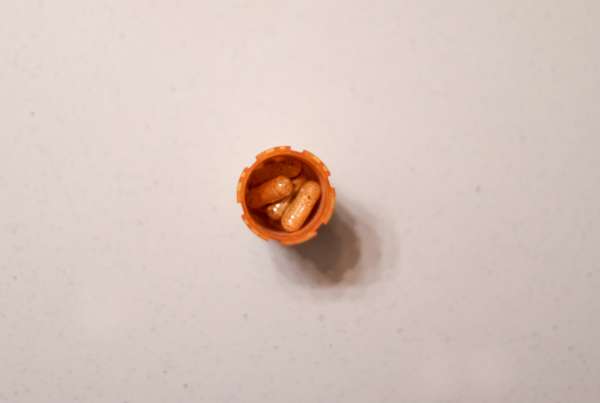While the current opioid crisis emphasizes the dangers of fentanyl and unregulated designer drugs, the dangers of misused prescription drugs should not be understated.
Many powerful sedatives, stimulants, and opioids continue to contribute to the well-being and survival of millions of patients throughout the world – but these classes of drugs often have a potential for addiction, and it’s important to beware of this when keeping them around the house. If you’re worried about preventing your teen from misusing prescription drugs and developing a dangerous addiction, then read on.
Exploring How to Prevent Your Teen from Misusing Prescription Drugs
It’s important to take the mystique and allure out of prescription medication. Teens are a little less likely to be interested in “grandma’s post-surgery pain meds” than “that bottle you’re definitely not allowed to touch”. Making sure that your teen understands that other people’s life-saving medication is strictly off-limits is also crucial – not just as a general courtesy to those who actually need the medicine, but also as a life-saving measure for many substances that aren’t addictive or euphoric but can be dangerous or even fatal if taken at the wrong dose, or for the wrong patient.
Pointing out that a prescription drug might be dangerous is also important, but don’t be surprised if that doesn’t necessarily deter them. Risk management is usually not a teenager’s forte, especially if they feel like the temporary reward outweighs the long-term consequences.
Aside from making sure your teen knows that prescription drugs are often risky for anyone who isn’t prescribed that medication, taking precautions to keep these substances out of your teen’s hands can’t hurt. It’s one thing to keep an inhaler or an EpiPen on hand and easily accessible, but it’s another to consider a lockbox with a digital passkey or touch ID for your younger child’s ADHD medication or Xanax.
Commonly Abused Prescription Drugs Among Teens
Teens are not likely to abuse prescription antibiotics or statins. Most prescription drugs that have the potential for abuse and addiction are psychoactive. These have an effect on the central nervous system and can cause a high.
To sum most of them up, these are stimulants, sedatives, and opioids. Common stimulants include ADHD medication such as Adderall and Ritalin. Common sedatives include benzodiazepines, namely Xanax and Valium, and barbiturates like phenobarbital. Opioids are also a form of sedative but may count as a class of addictive substances in their own right.
When Is It Time to Seek Professional Help?
If your teen has been using prescription drugs irresponsibly, either by taking too many of their own over an extended period of time, or stealing/buying prescription drugs off other people, talk to a professional immediately.
Prescription drug abuse can be just as harmful as illicit drug use. At Visions, we receive many questions from parents and concerned teens about preventing or coping with prescription drug misuse. Some of these questions include:
Are there legal consequences for misused prescription drugs?
Yes, there are. Prescription drugs must be prescribed by an experienced and accredited medical professional because they are a controlled substance. Owning or possessing prescription drugs in excess of what has been prescribed for treatment, or without having a prescription in the first place, is unlawful.
Technically, taking more than the prescribed dose at any given time wouldn’t be illegal – but it would still be very dangerous, and suspicious to any physician or doctor realizing that you’ve come back for a refill far too soon. Prescriptions aren’t hereditary, either – it’s not okay to use your sibling’s medicine, even if you’re twins.
Prescription drug use has been a subject in pop media for several generations, and social media hasn’t significantly changed nor influenced the recreational use of drugs like Xanax or Percocet in a way that songs or other mediums haven’t done already.
Are mental health conditions and substance abuse linked?
They can be. A history of drug addiction does not guarantee a mental health problem – nor do all teens with mental health problems automatically struggle with drug use. In fact, some prescription drugs are prescribed specifically to treat conditions like anxiety. However, teens with mental health issues are more likely to try and become addicted to drugs, and vice versa – often because of a lack of treatment, both for mental health issues and for drug abuse.
Getting Help
Teenage drug use is especially concerning because of the way addictive substances affect the teen brain. Adolescents are more likely to get addicted when using addictive substances, and they’re much more likely to develop substance use issues later in life the earlier they start using, whether it’s an illicit substance like ecstasy or MDMA, or something legally obtainable, like alcohol or prescription anti-anxiety medication.
If you want to learn more about how to prevent or address teenage prescription drug use or find out more about prescription drug use treatment options like residential teen treatment, get in touch with us at Vision Teen Treatment.
Conclusion: Preventing teen prescription drug misuse requires a proactive and multifaceted approach. Teens need to be educated on the effects of improper prescription medication use, the dangers of mixing medications and other substances, and learn the parallels between common prescription drugs and their illicit counterparts. Furthermore, parents may need to be more careful about how they or other family members are storing their medication or think about scheduling an intervention for their teen’s ongoing and troubling prescription drug misuse, or other intensive treatment plans.







